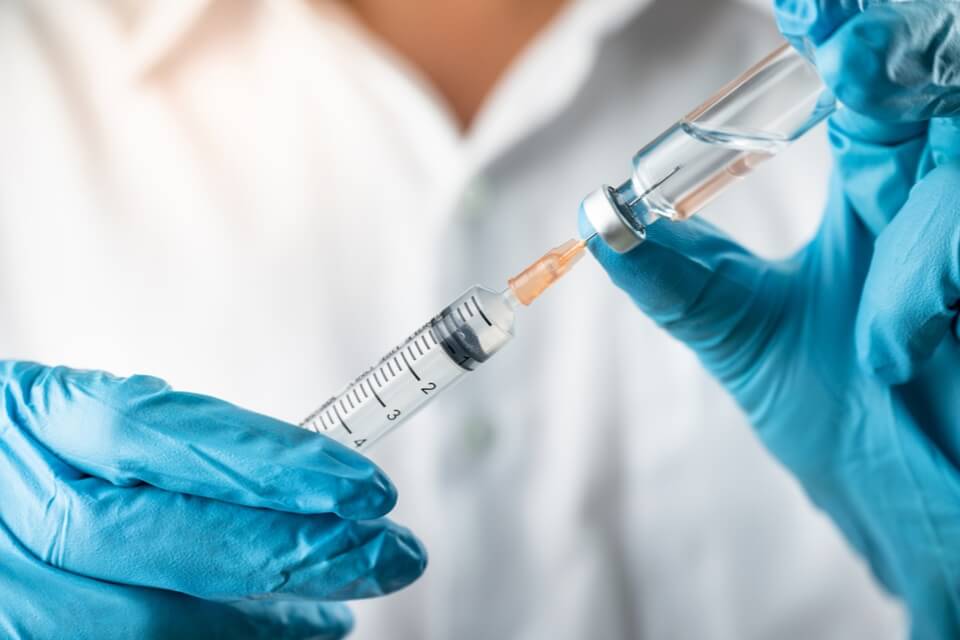Keele lecturer to investigate ways of making Covid-19 vaccine accessible to all

A specialist in Global Health Law from Keele University has received funding for a new study looking into ways of ensuring a Covid-19 vaccine is made equally accessible to everyone.
Dr Mark Eccleston-Turner, from Keele’s School of Law, is leading the research which will investigate the equitable distribution of any potential Covid-19 vaccine in the context of international law.
Dr Eccleston-Turner and his co-authors, Dr Alexandra Phelan of Georgetown University, USA and Dr Michelle Rourke of Griffith University in Australia, have received £120,000 from the Arts and Humanities Research Council for the year-long study, which will focus on how a vaccine might be fairly and equitably distributed around the world, if one is developed.
Although a vaccine is an integral part of every nation’s response to Covid-19, it is not yet clear how or whether this would be distributed fairly and equitably around the world, with previous pandemics highlighting the problems this can cause. One such case was the Swine Flu (H1N1) pandemic of 2009, where developing countries were reliant on donations from wealthy countries to gain access to the vaccine.
Dr Eccleston-Turner said: “Developing countries may not have access to a Covid-19 vaccine without some sort of a governance framework guiding international allocation being put in place. That is what has happened in previous pandemics – such as the 2009-H1N1 pandemic.
“Wealthy countries dominated procurement of pandemic influenza vaccine, and developing countries only got access to the vaccine much later on in the pandemic, when it is less effective, and in much smaller doses. This is poor public health, and it is poor multilateralism. It is morally wrong to think that someone has a stronger claim to a vaccine because they happen to live in a rich country.”
The project will culminate in an event in Geneva during the 2021 World Health Assembly, where the findings of the project will be presented to member states representatives, the World Health Organisation (WHO), and non-governmental organisations.
The findings of this research will be used to make recommendations to the WHO and governments around the world on how to better design an equitable allocation model.
Most read
- Astronomer from Keele helps take the first close-up picture of a dying star outside our galaxy
- Keele University signs official partnership with Cheshire College South & West
- Keele partners with regional universities to tackle maternity inequalities across the West Midlands
- Keele Business School MBA ranks in Top 40 for sustainability in prestigious global ranking
- Keele trains next generation of radiographers using virtual reality in regional first
Contact us
Andy Cain,
Media Relations Manager
+44 1782 733857
Abby Swift,
Senior Communications Officer
+44 1782 734925
Adam Blakeman,
Press Officer
+44 7775 033274
Ashleigh Williams,
Senior Internal Communications Officer
Strategic Communications and Brand news@keele.ac.uk.

